Our Impact
-

Livestock welfare
Community Animal Health Workers (CAHWs) trained in prevention & treatment of disease
-

Agricultural support
Farmers trained on Good Agricultural Practices (GAP) and other climate-sensitive techniques
-

Village Savings & Loans
VSLAs established with over 85% female membership; these groups are widely welcomed by communities
-

Youth Training
Addresses the youth unemployment rate of 67%; courses are informed by labour market assessment
Livestock Welfare: CAHWs Trained
The lack of strong community and government structures to carry out disease prevention immunizations leaves livestock dealers on their own in preventing devastating disease outbreaks. Acknowledging that Community-based Animal Health Workers (CAHWs) combined with the local pharmacies have a crucial role in the supply of veterinary drugs for the prevention and treatment of livestock diseases, SomReP has been able to equip more than 1,000 CAHWs with skills and knowledge on proper treatment of livestock resulting in healthier livestock.
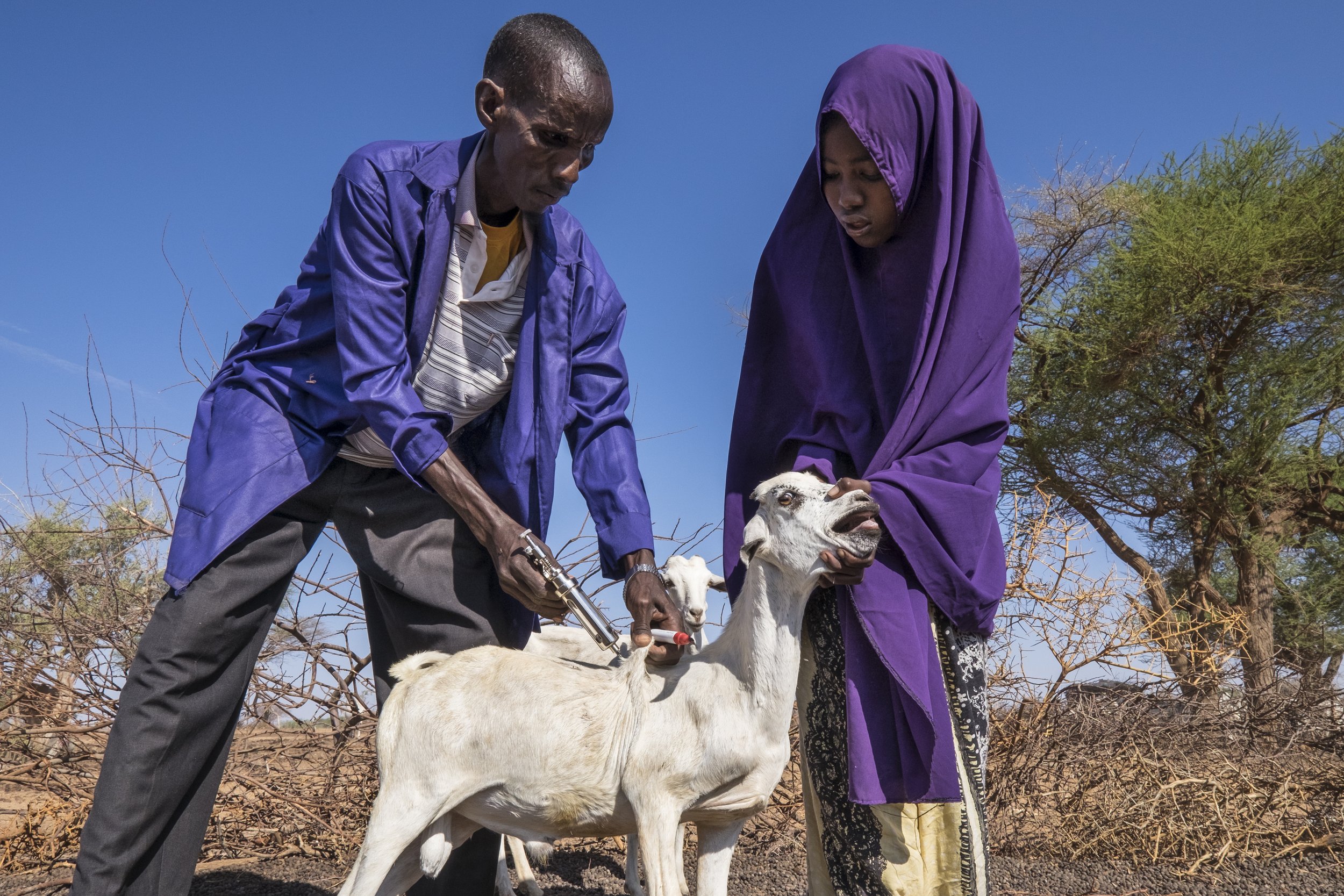

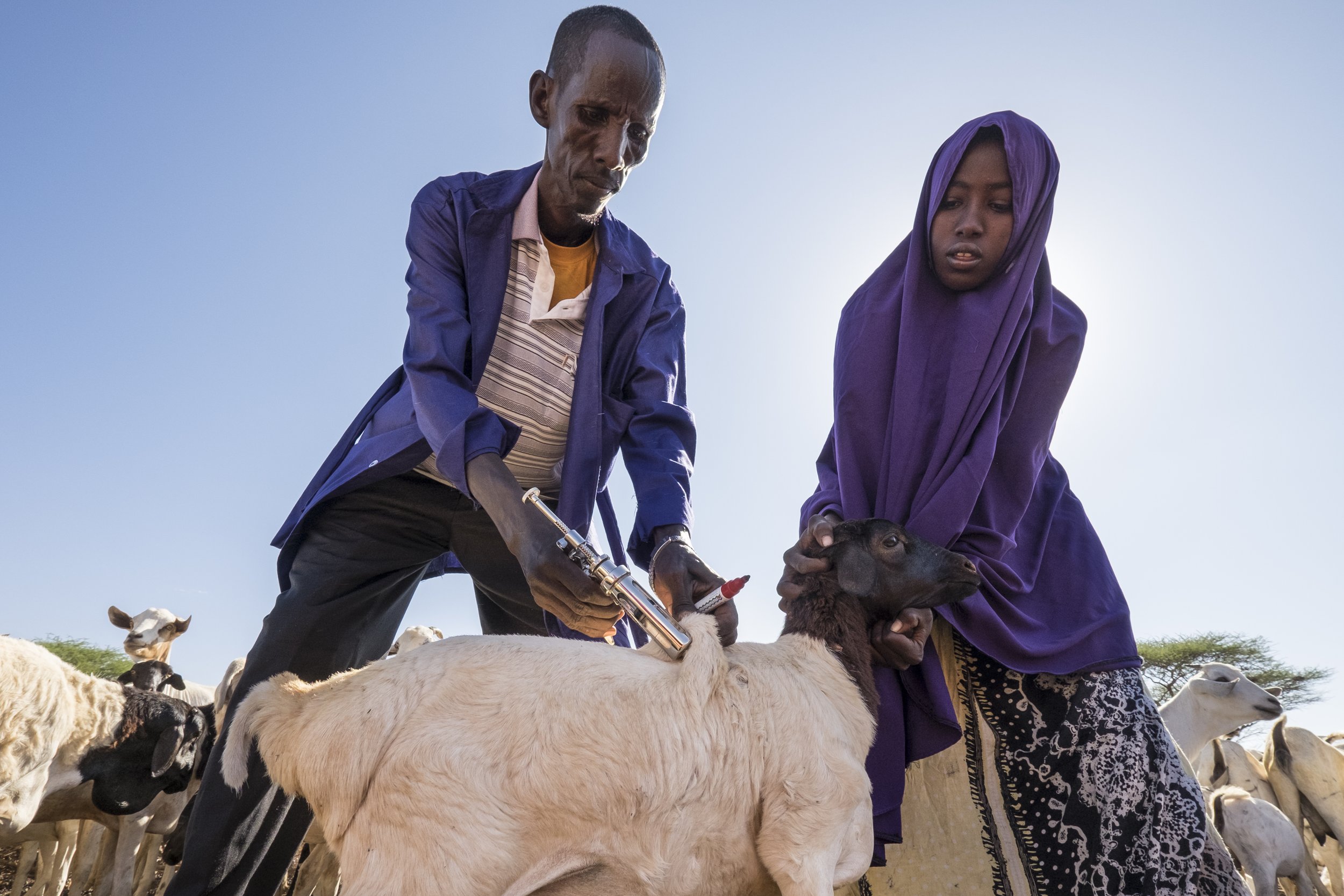


Community Animal Health Workers
Community Animal Health Workers (CAHWs)
Agricultural Support: Farmers Trained on GAP
Approximately 70% of Somalis are dependent on climate sensitive agriculture, SomReP through the established Farmer Field Schools/ Demonstration sites has been able to train more than 64,000 agro-pastoral farmers on Good Agricultural Practice and other climate sensitive techniques. The training covers a wide range of techniques such as soil and water management, cropping techniques, seed quality, integrated farming techniques, fodder production, weed control, harvesting and storage, and marketing. As a result of the training, farmers have been able to realize improvement of crop productivity as well as a reduction of post harvest losses.

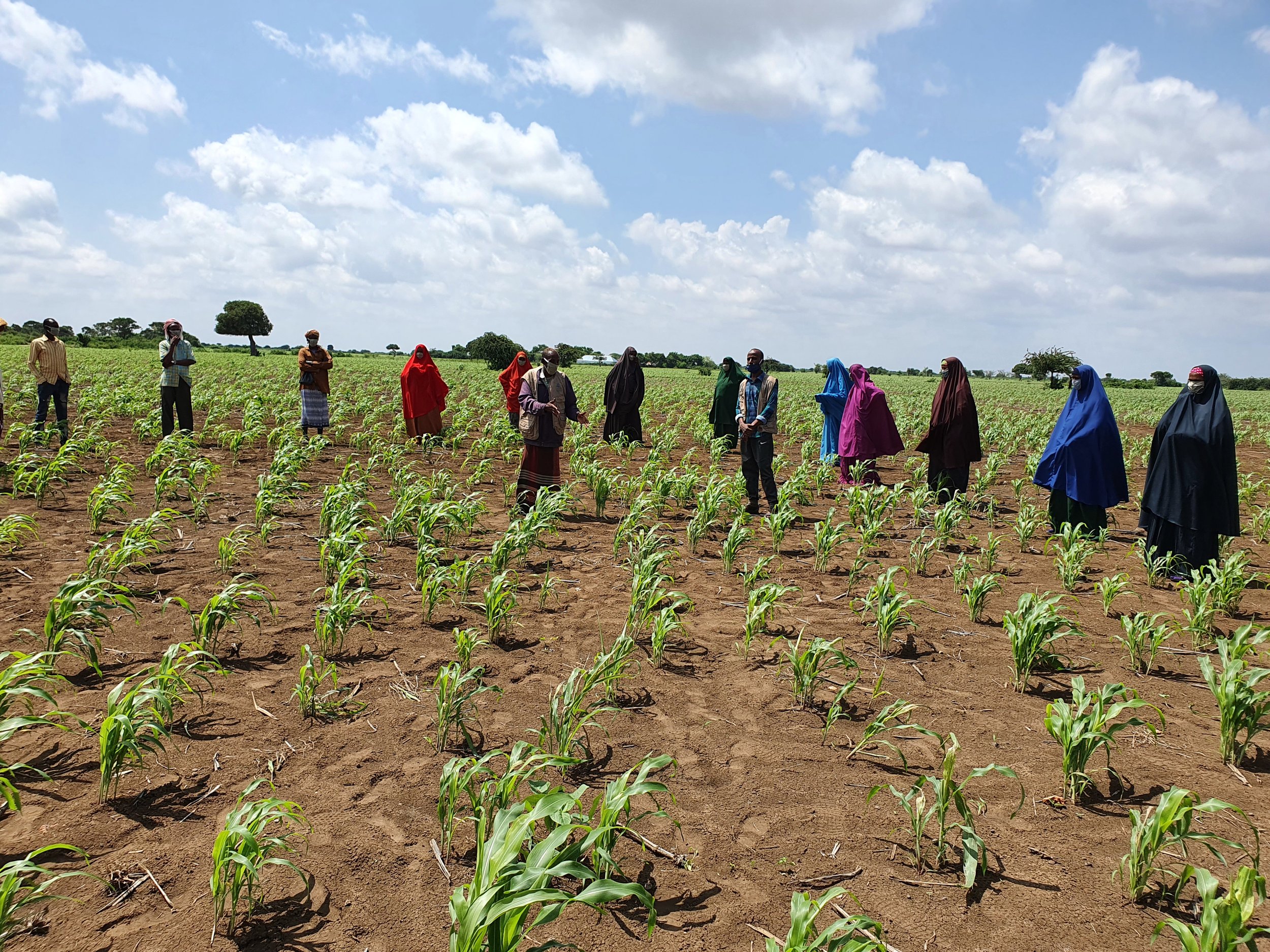







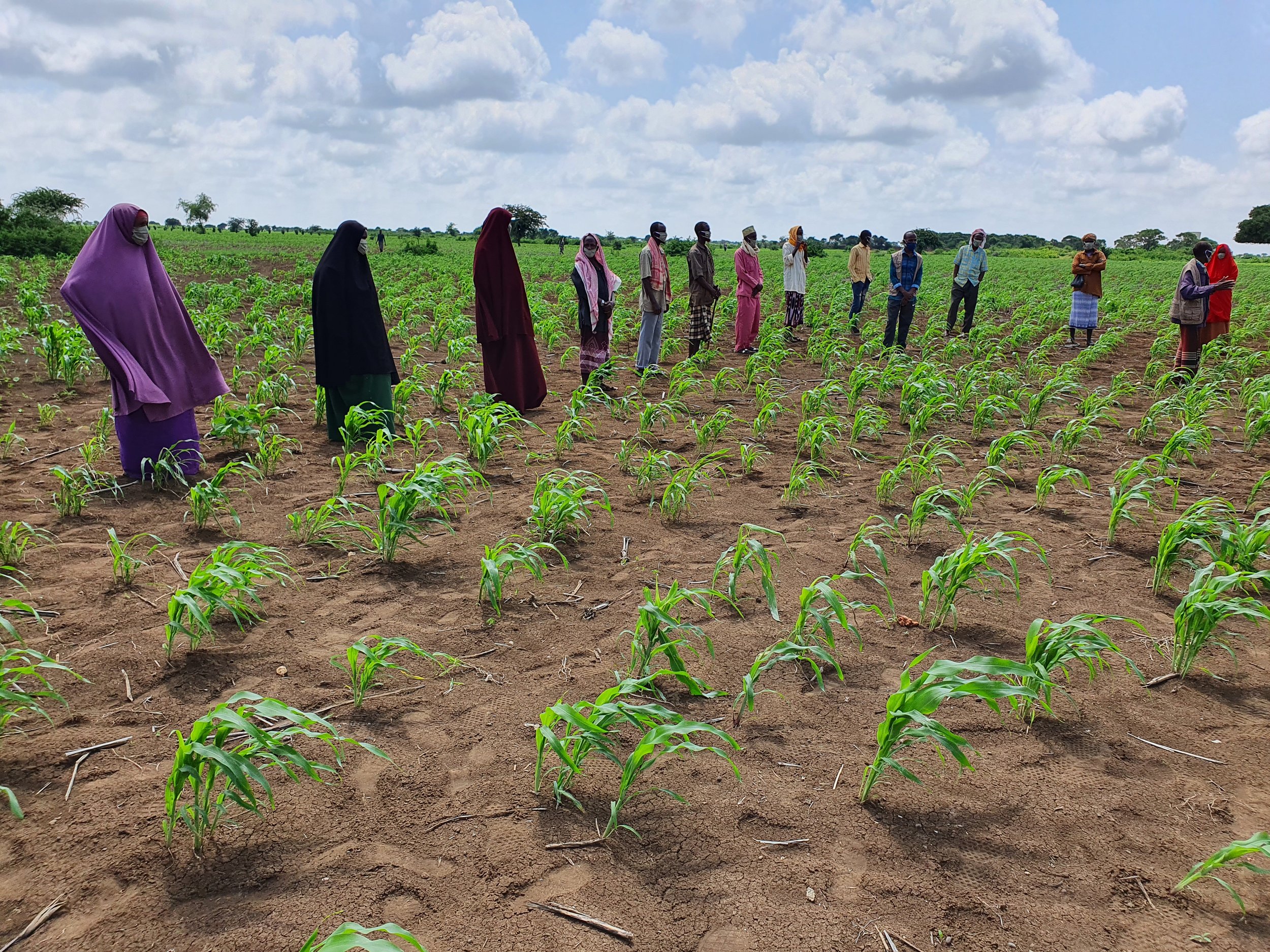

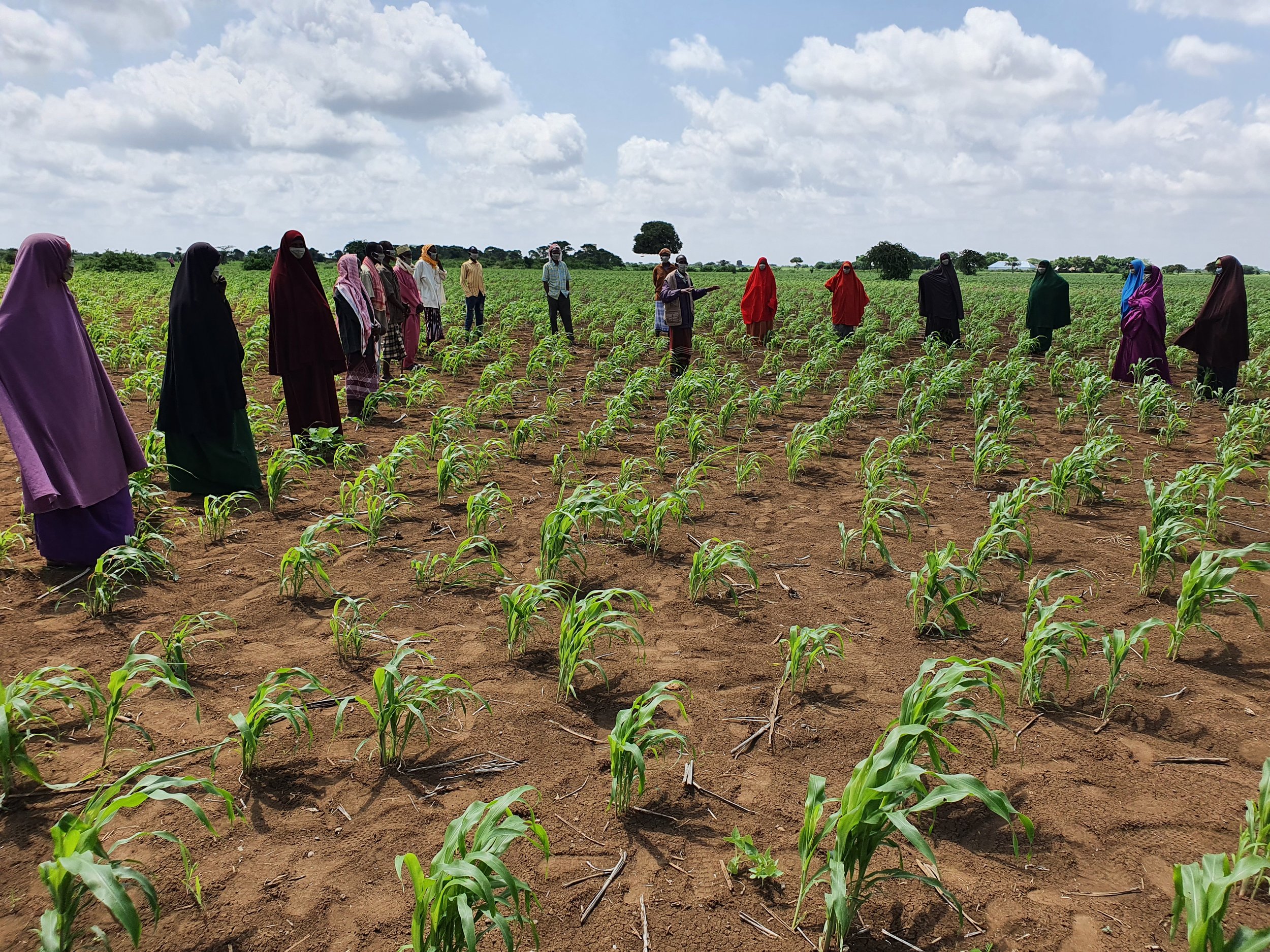
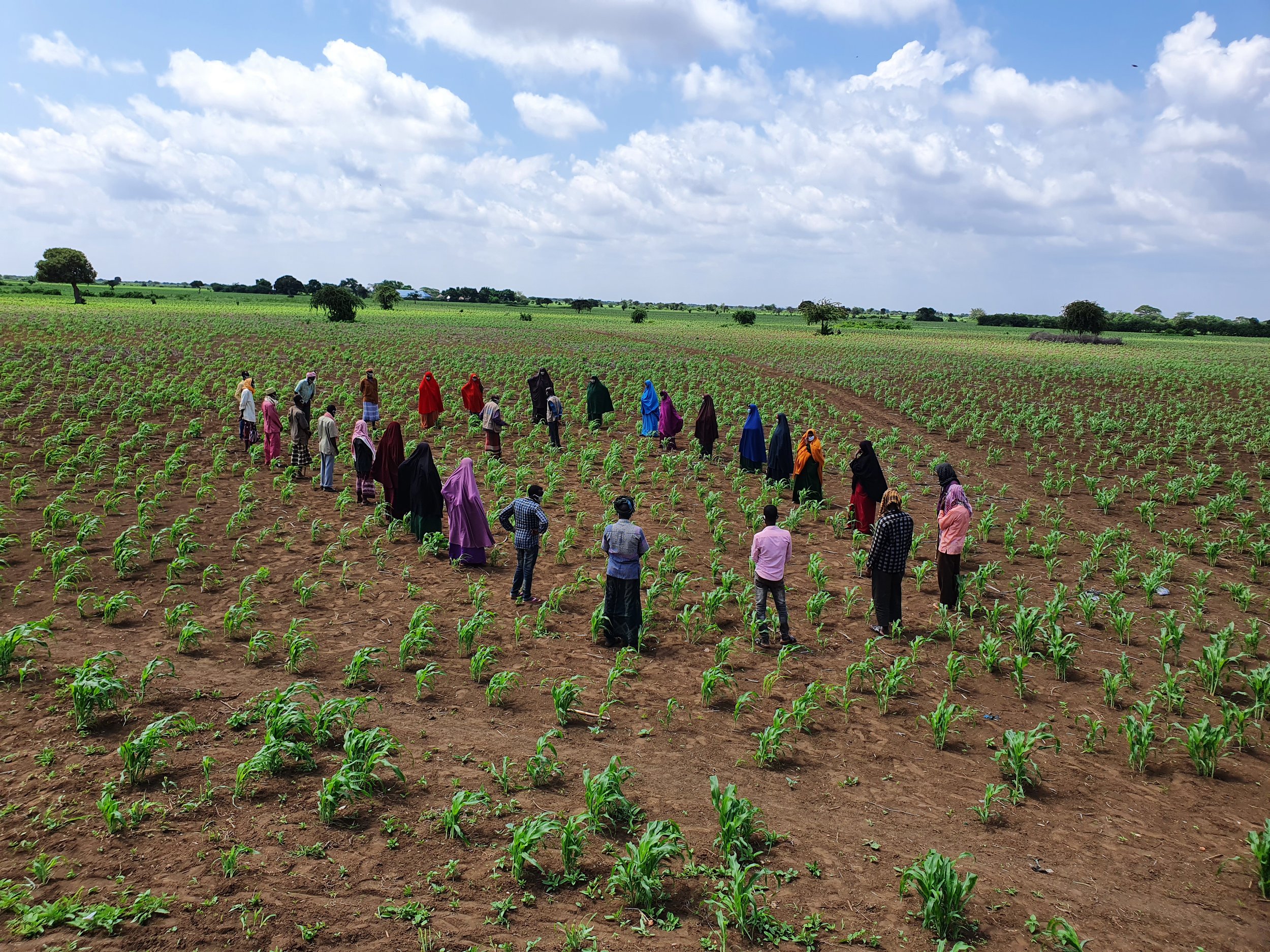

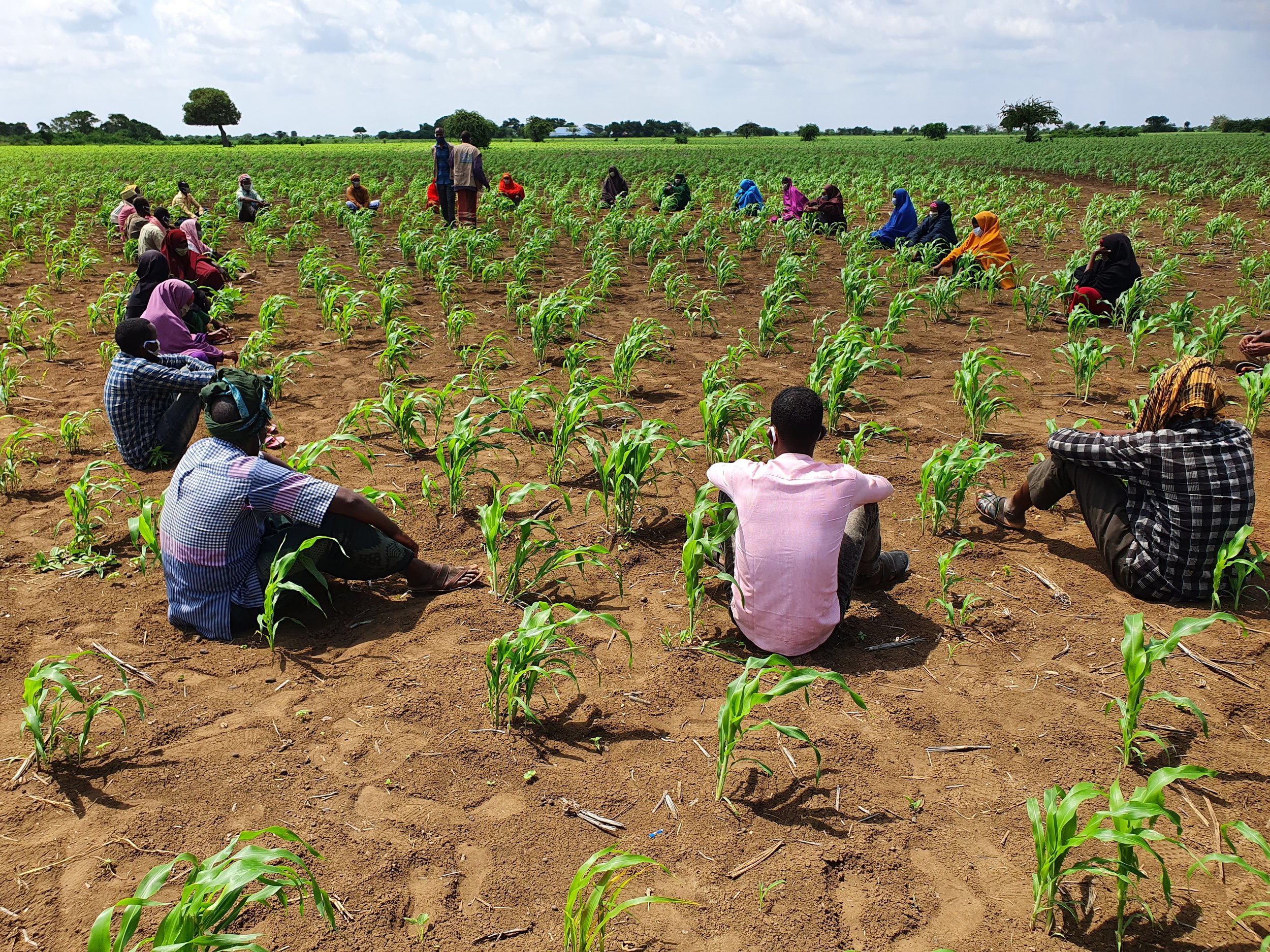
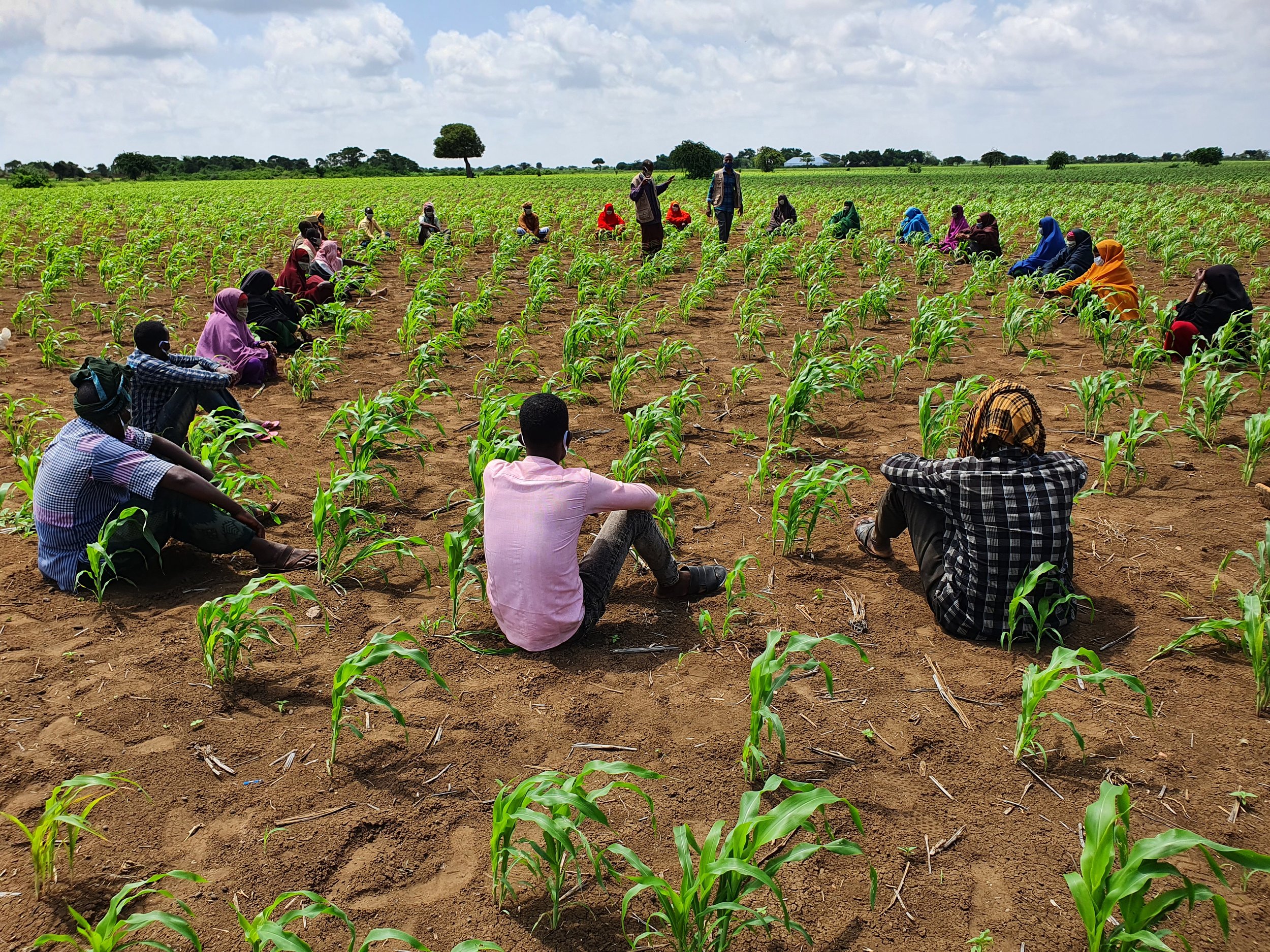
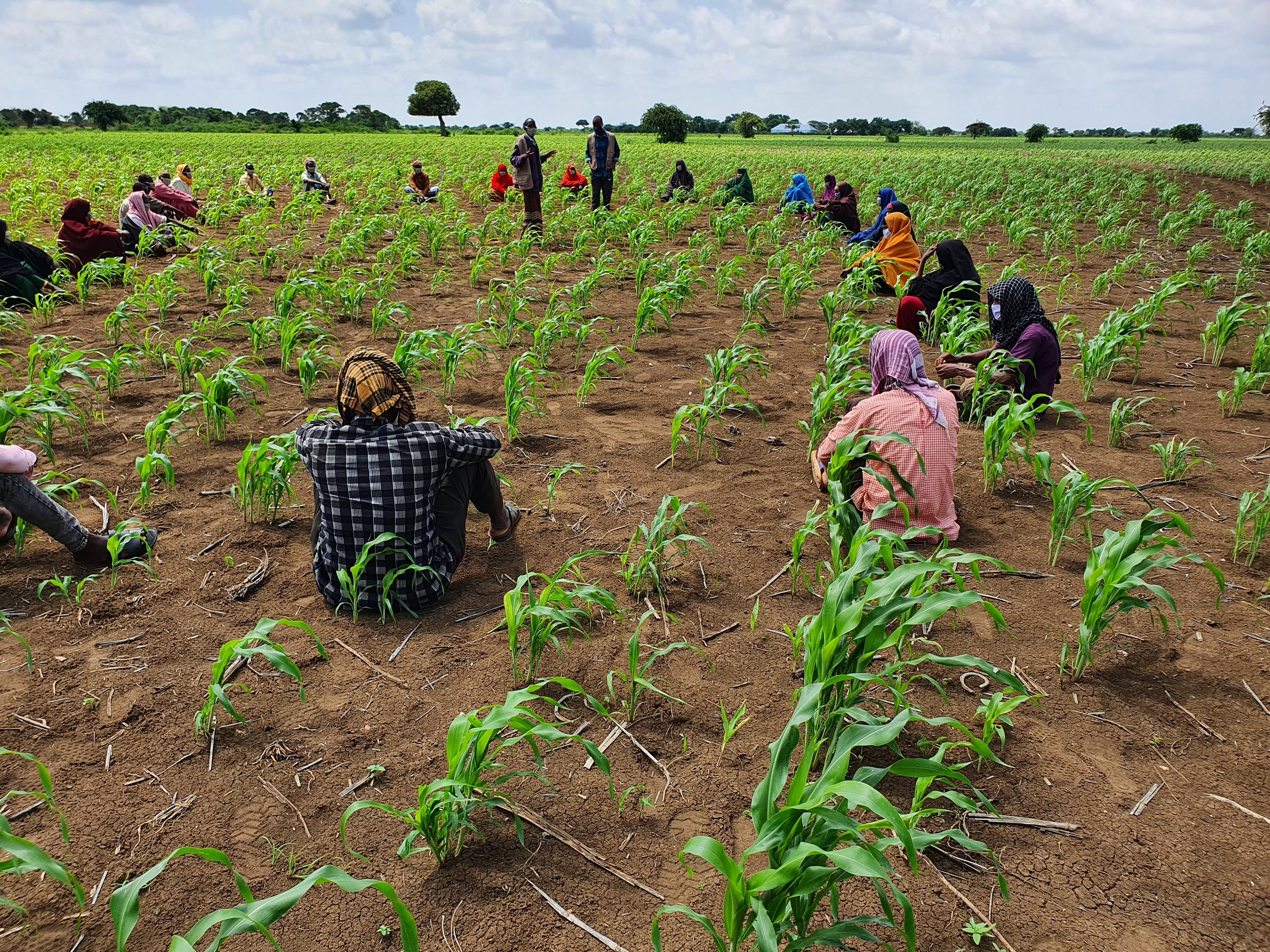



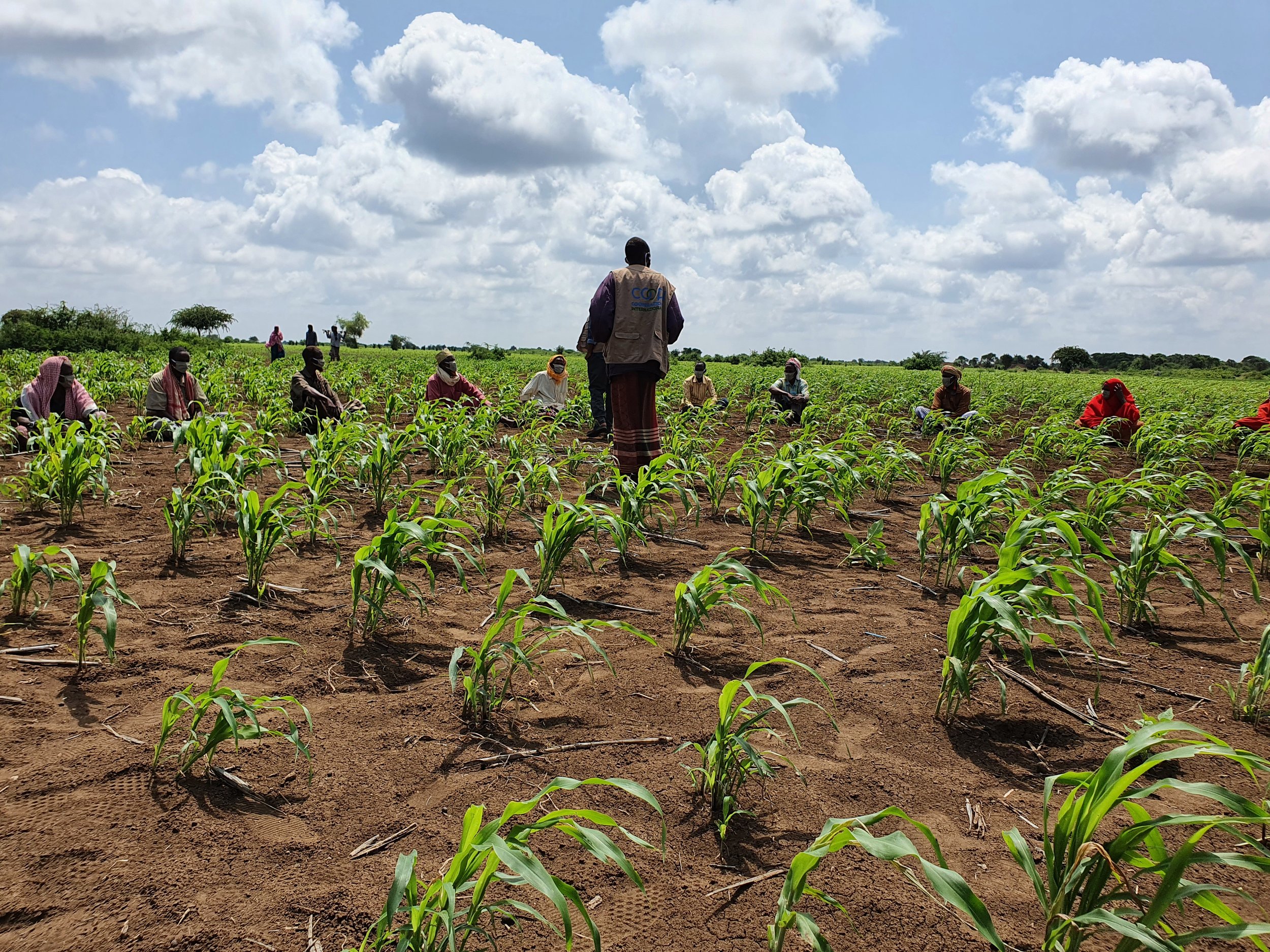
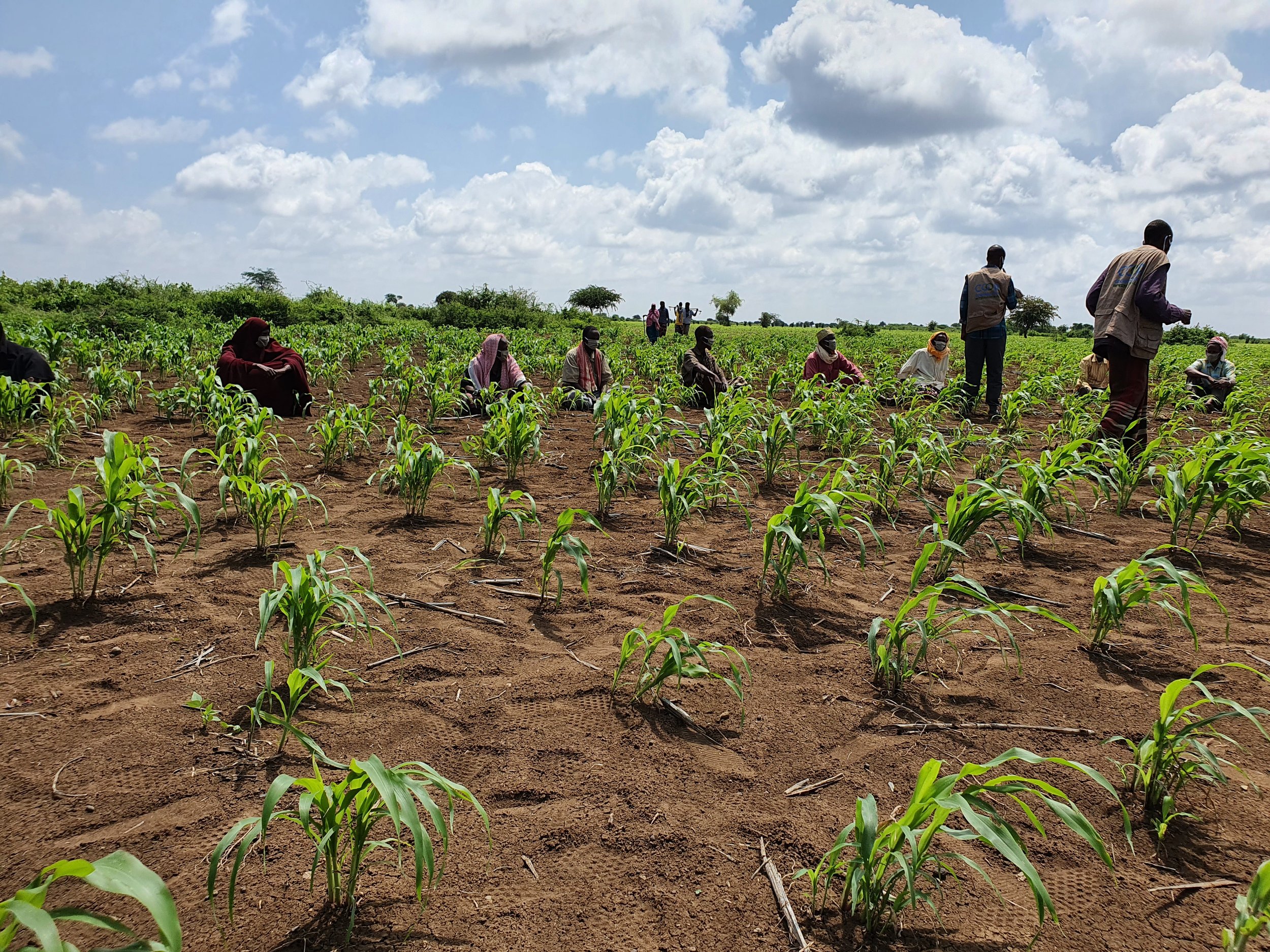


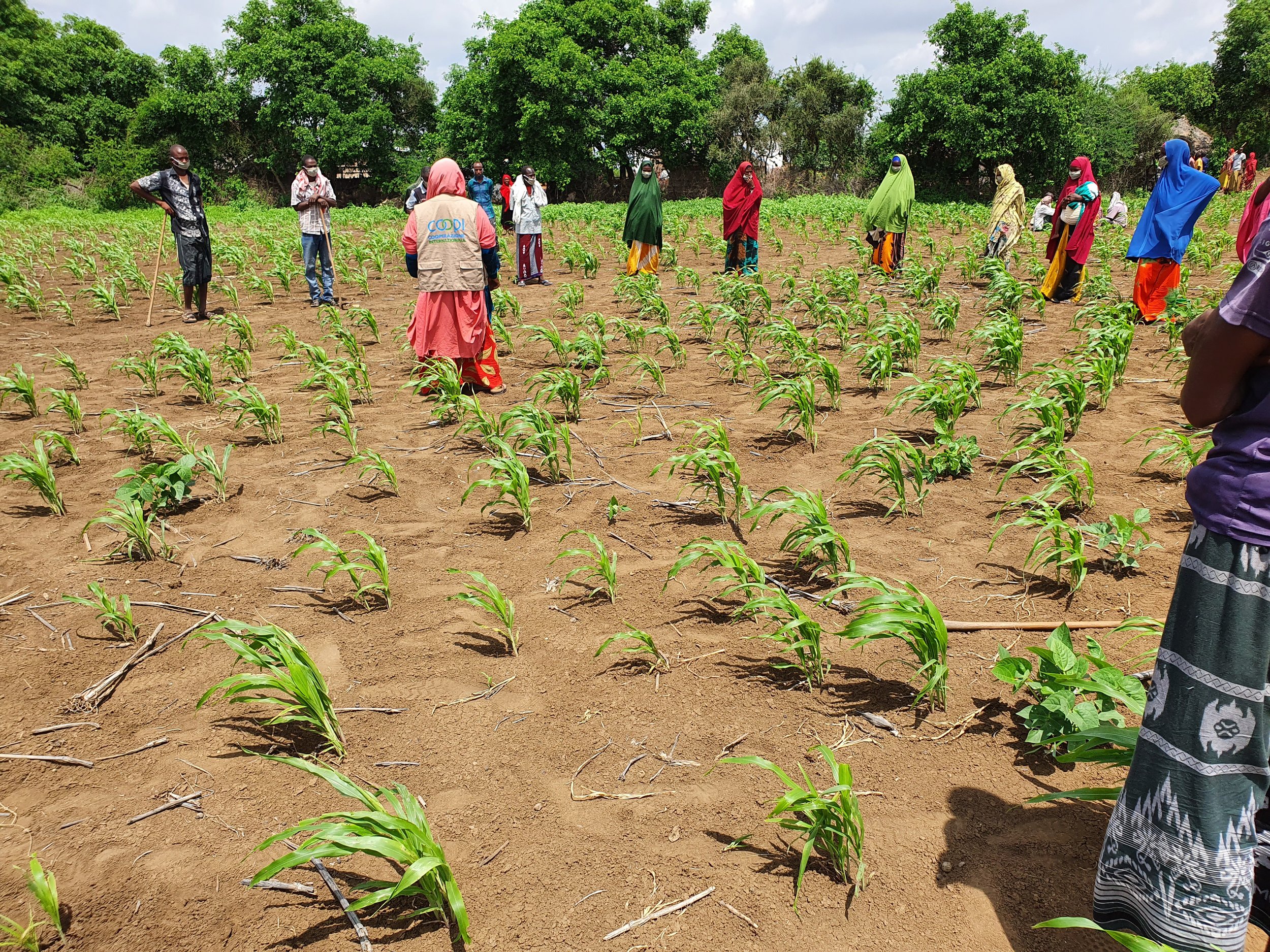
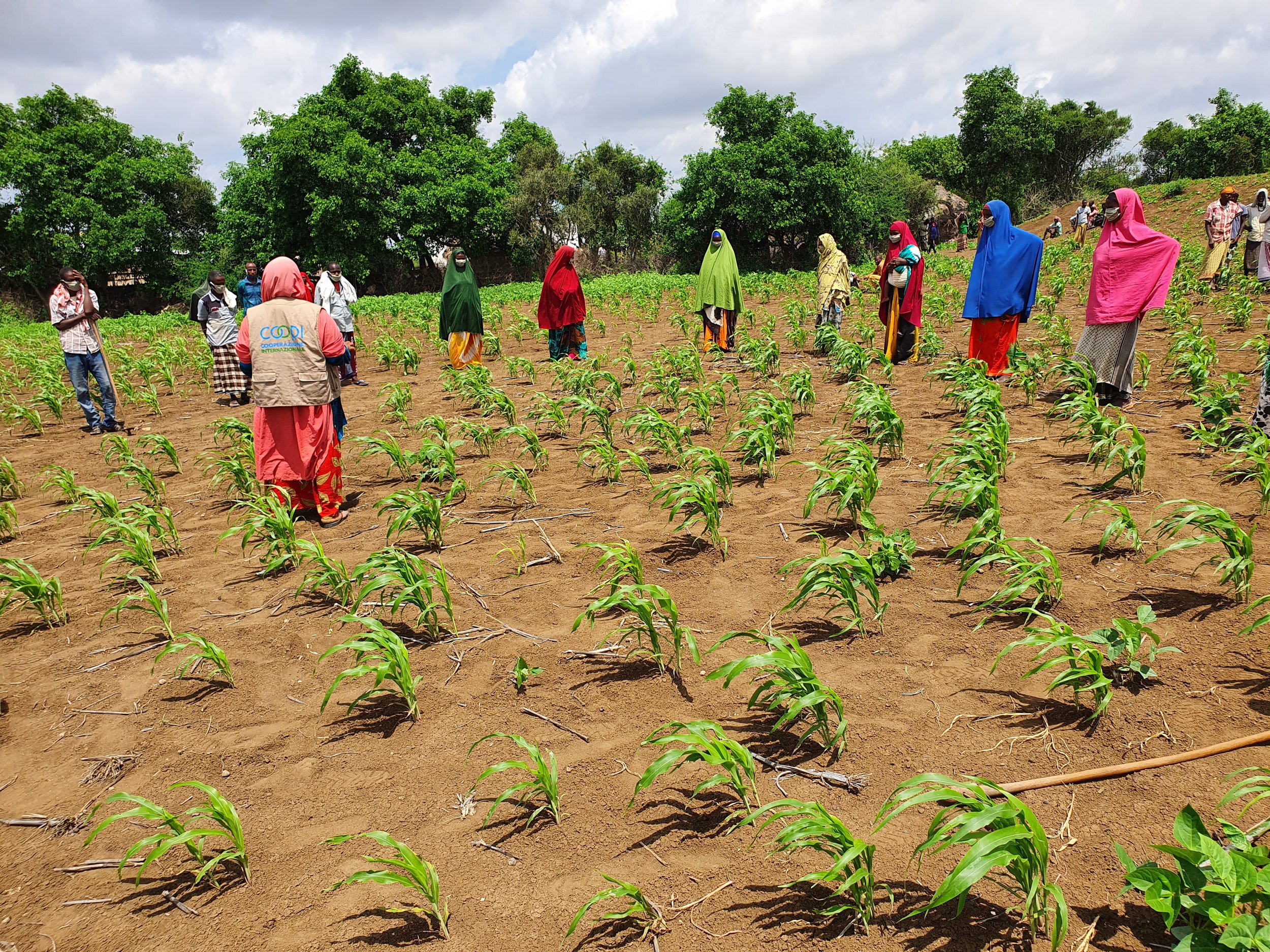







Video: Good Agricultural Practices (GAP) - EU SIDA RESTORE Project
Video: GAP training beneficiary, funded under the DFAT Project
Village Savings & Loans Associations (VSLAs) Established
The introduction of savings groups within the communities we serve has seen a significant uptake and has been widely welcomed by the communities. SomReP’s 2017 Positive Deviance Study found that the most important factors linked to the wellbeing of positive deviant households were being a member of a savings group in addition to receiving early warning information. At the community level, communities with savings groups active in their communities had better food security scores and demonstrated fewer negative coping strategies and as such could recover more quickly from exposure to a hazard.
SomReP continues to establish and strengthen the Self Help Mechanisms in Pastoral, Agro- Pastoral and the Peri Urban areas and as such has seen the establishment of more than 800 VSLAs across Somali with 85% of the members being female. Through the groups the members have benefited from trainings such as savings and loans methodology, good hygiene practices, life skills and gender empowerment as well as good nutrition practices.
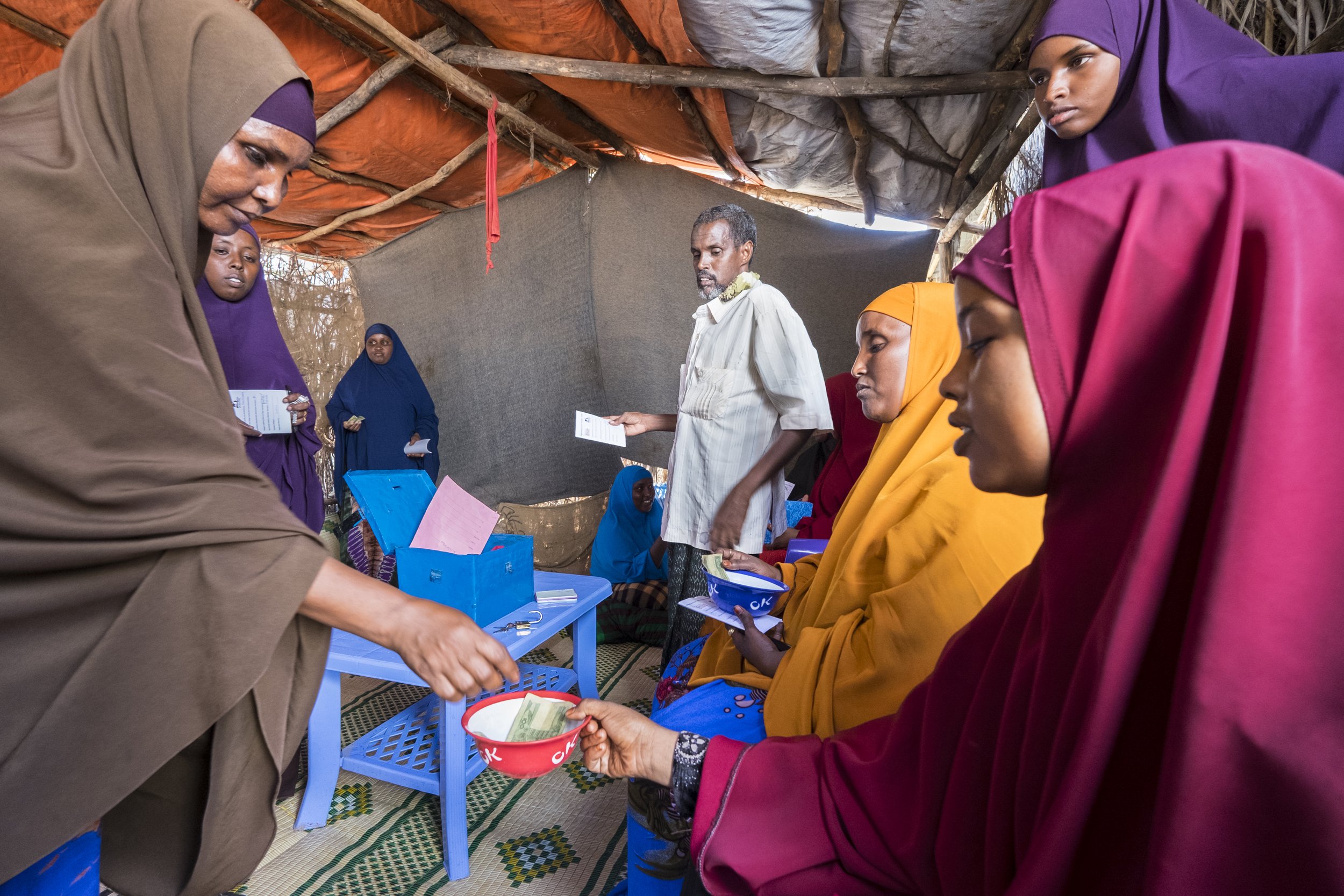
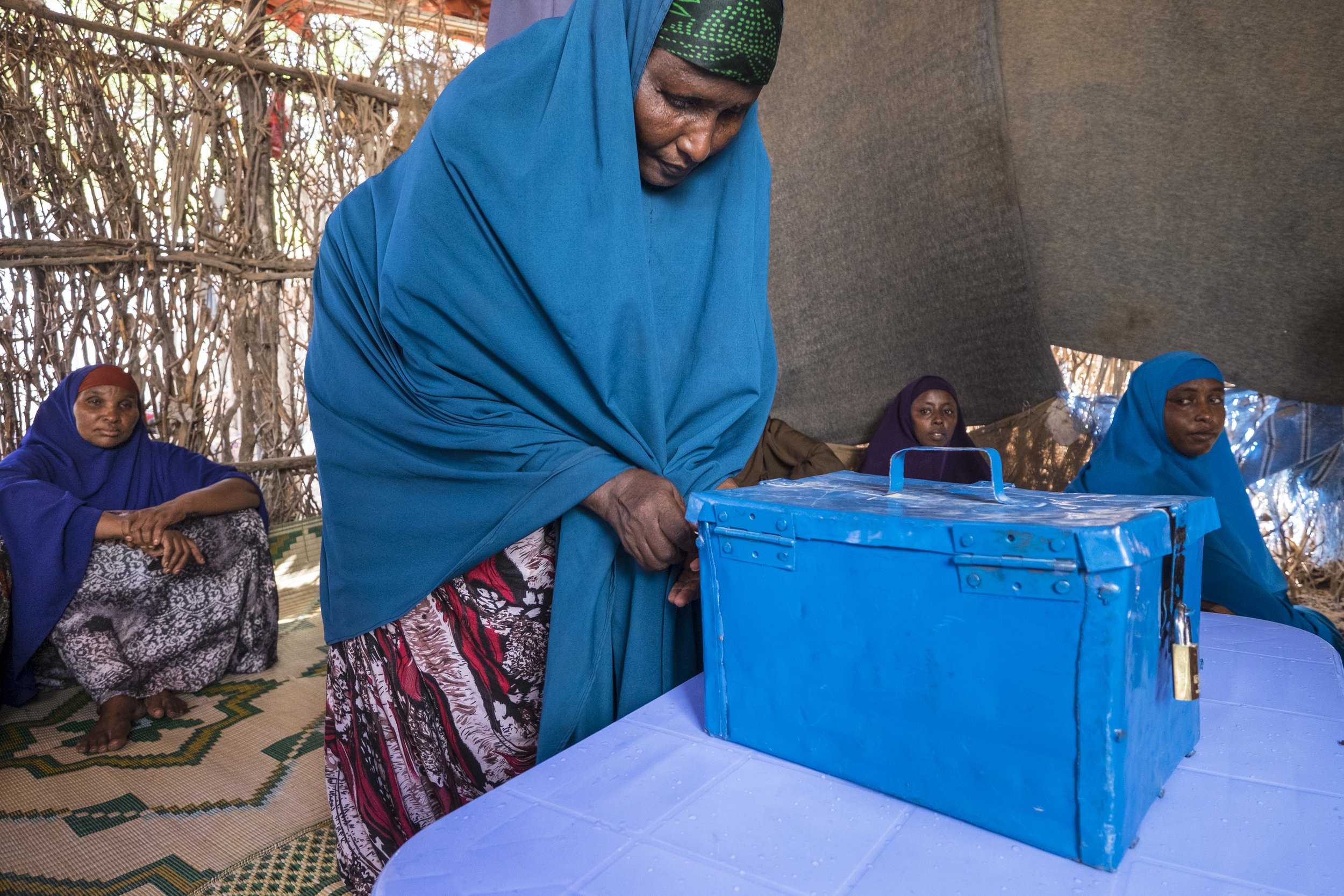
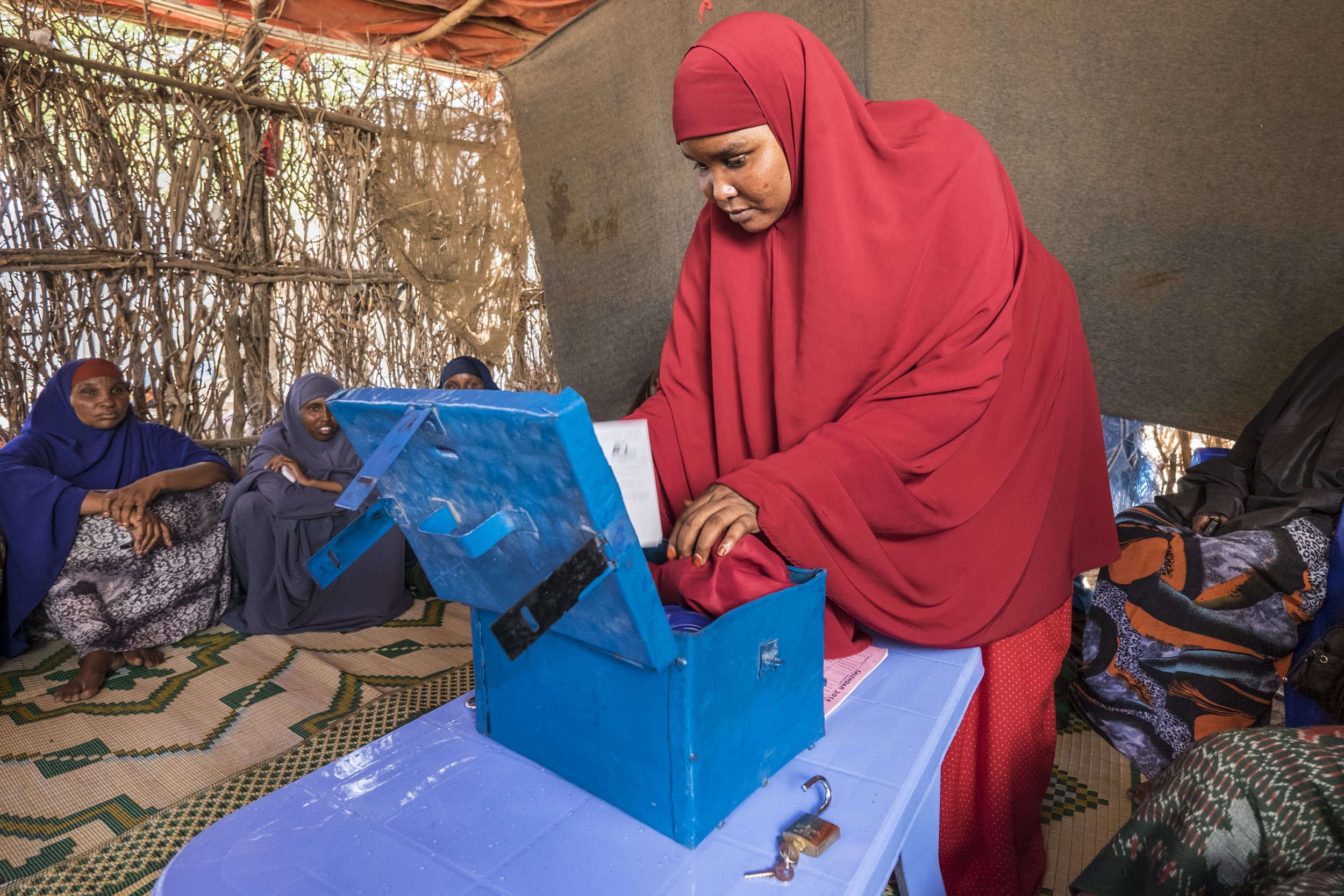




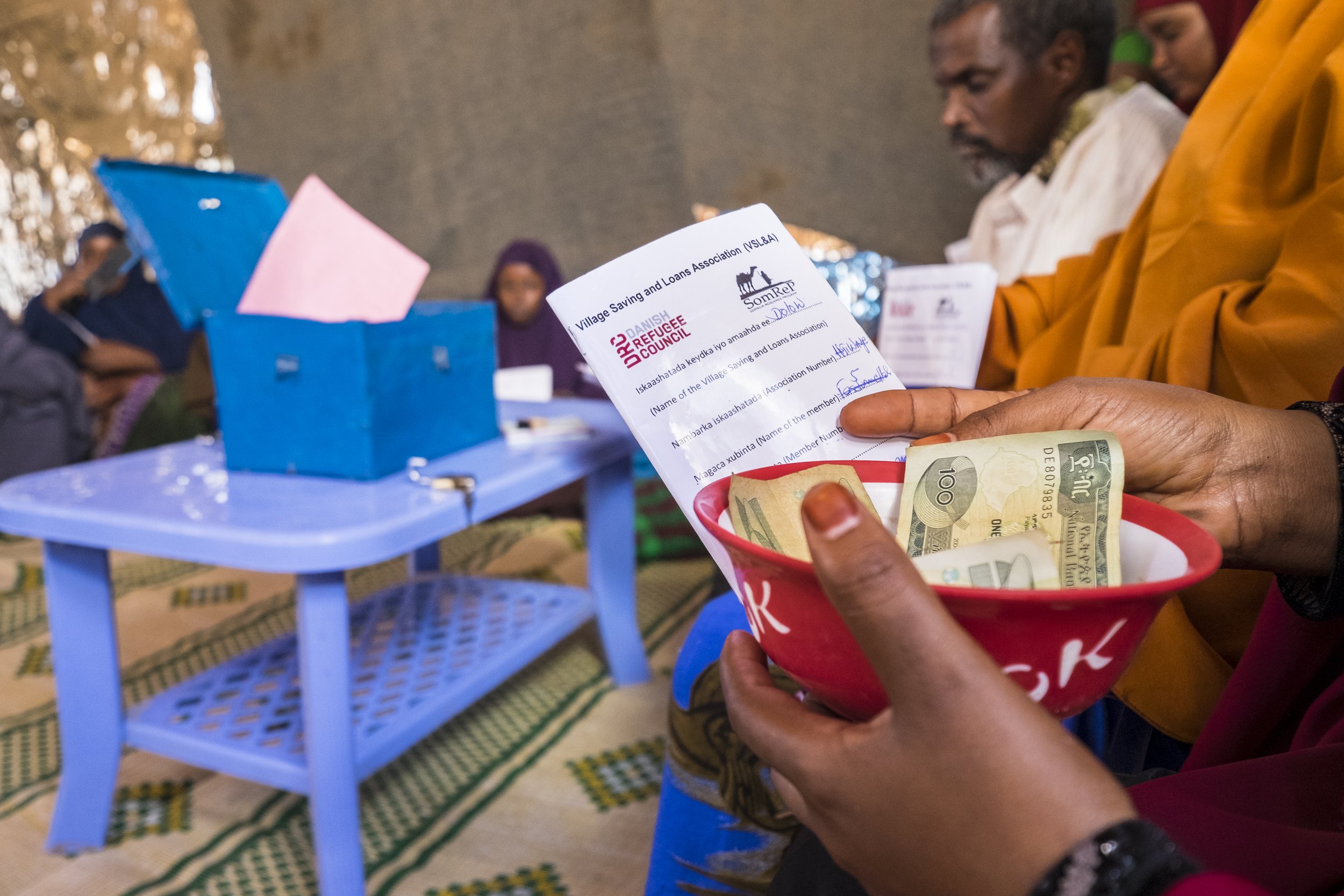
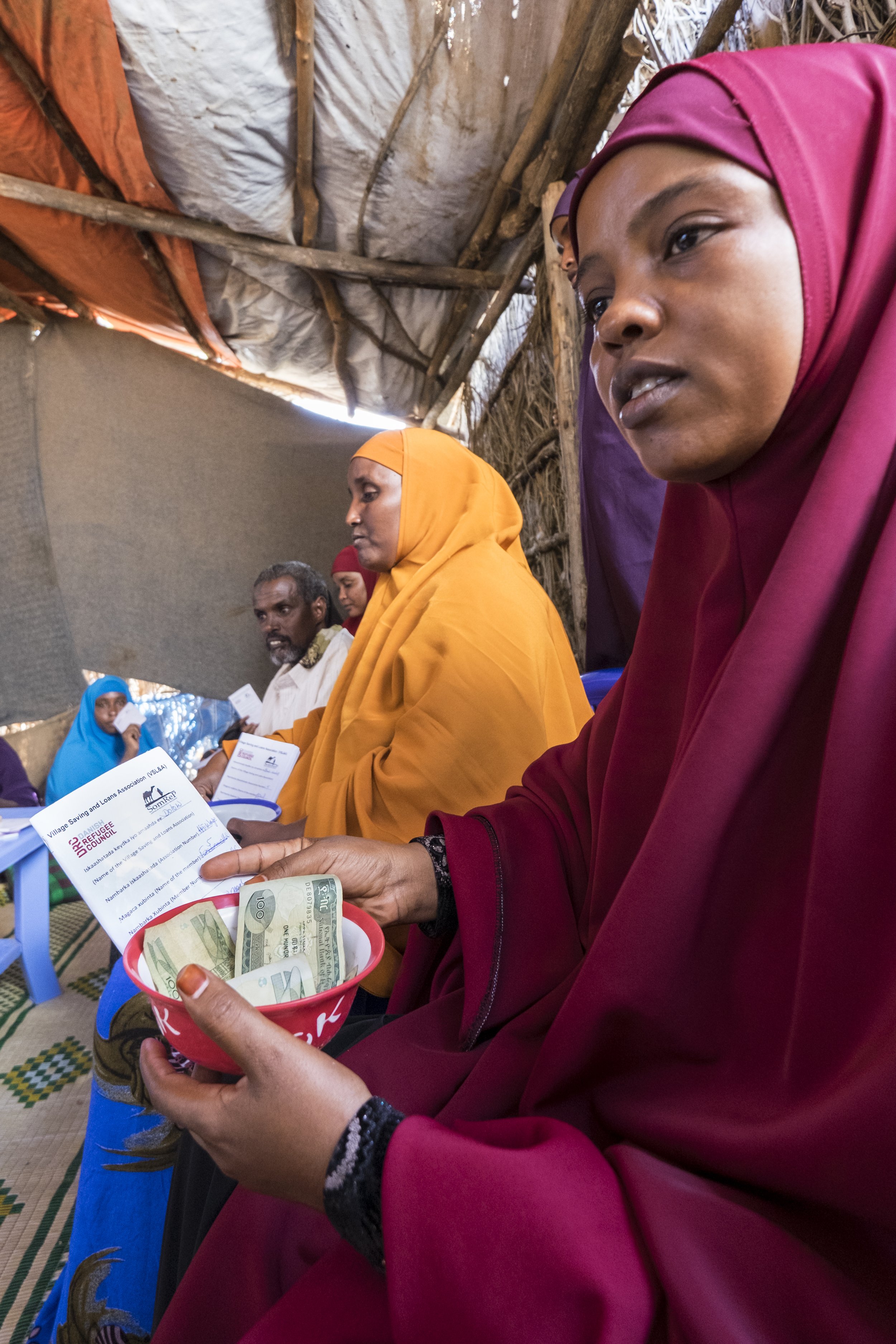
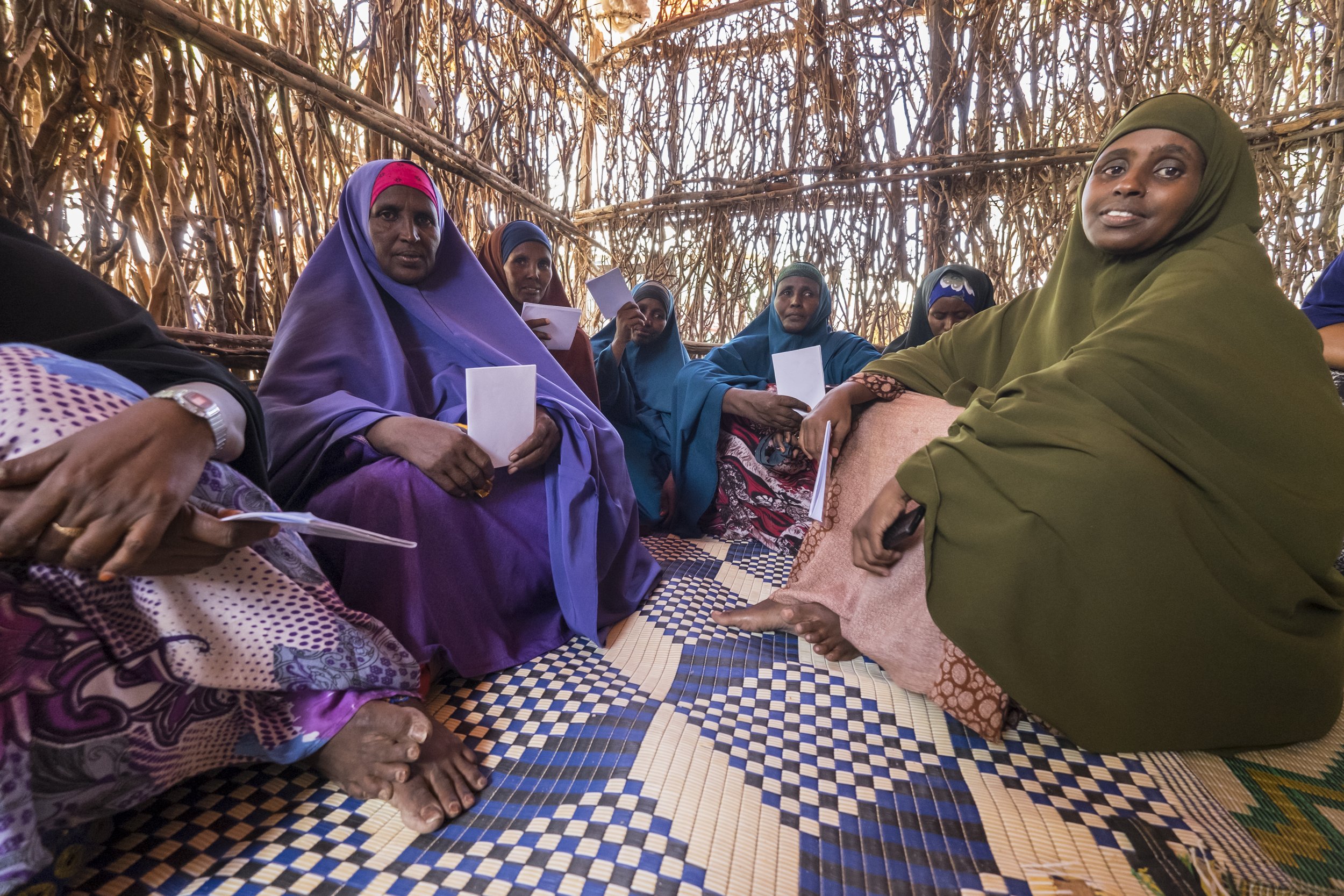
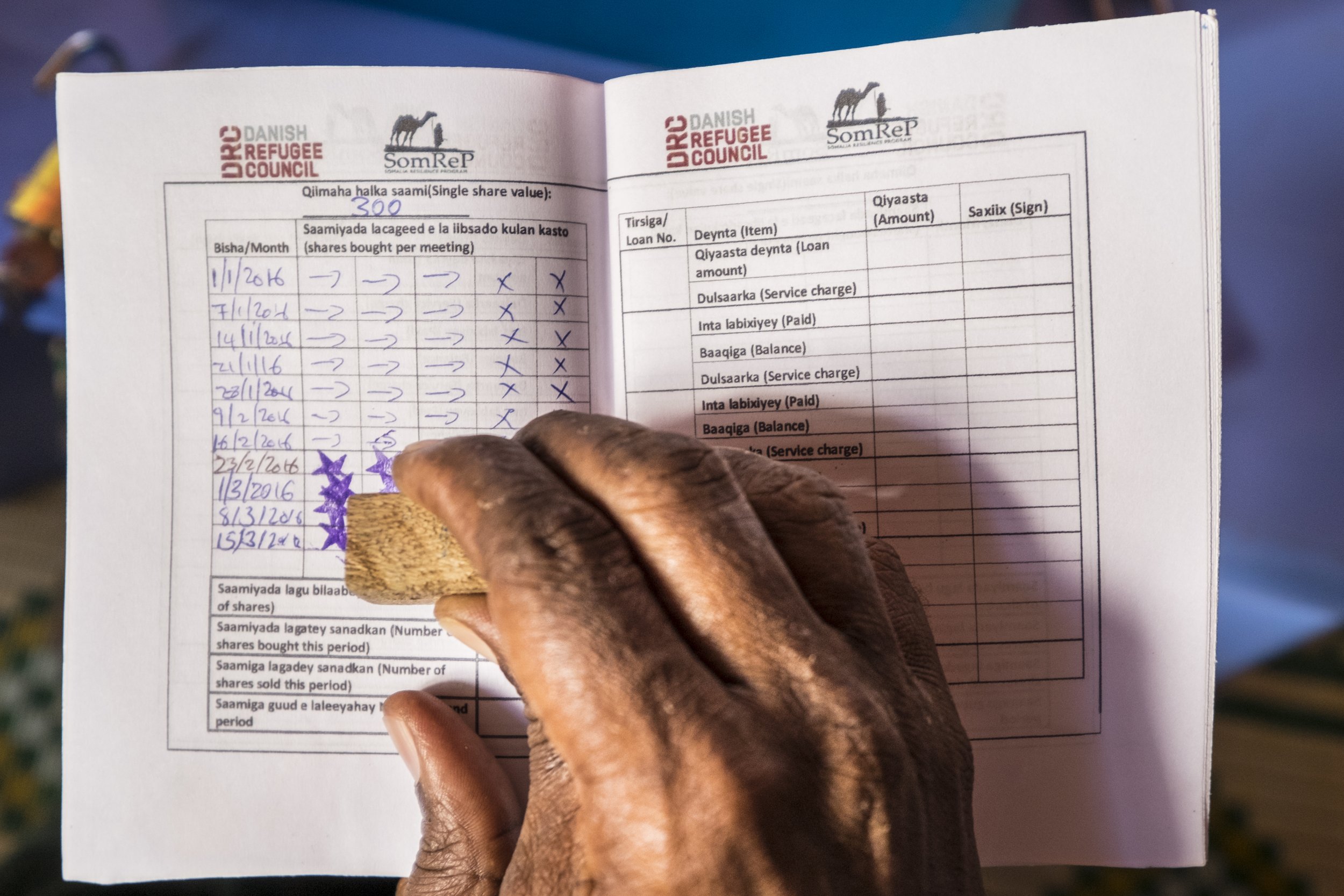
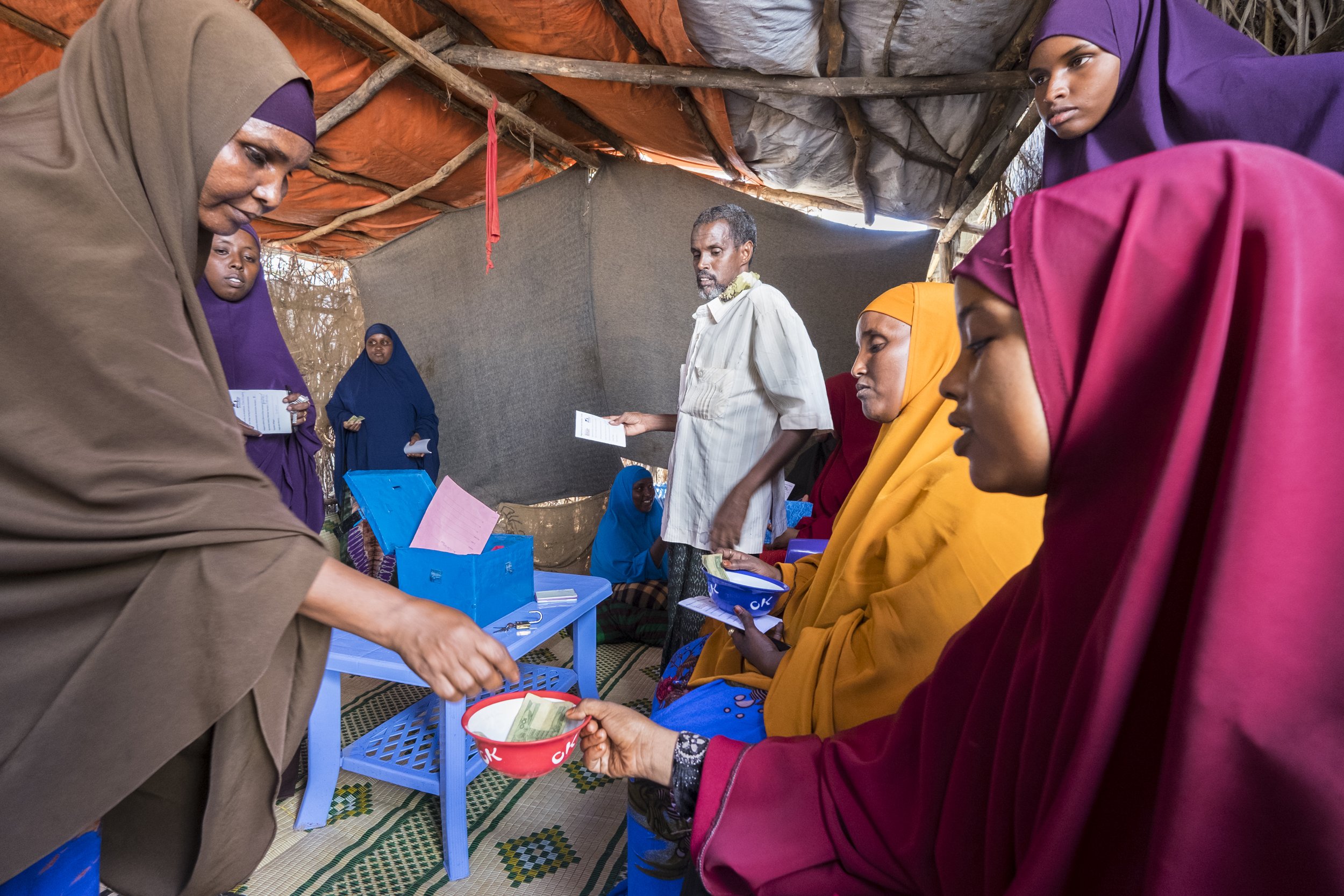
Video: Village Savings & Loans Associations (VSLA) - SomReP EU SIDA RESTORE
Video: Village Savings & Loans Associations (VSLA) Success Story - El Afweyne District
Youths provided with Institution-and Enterprise-Based Training
In Somalia, youth employment and entrepreneurship opportunities are limited, both in the public and in the private sector. About 70% of the population are under the age of 30 with an estimated youth unemployment rate of 67% and which leads to irregular migration. In an effort to provide avenues for youths to obtain an education and gainful employment opportunities, SomReP has been providing technical and vocational education and training to youths in a variety of courses including tailoring, electricity, plumbing, beauty, catering, carpentry, welding, computer skills and ICT. The courses are informed by the labour market assessment done prior to enrolling the students to the courses.

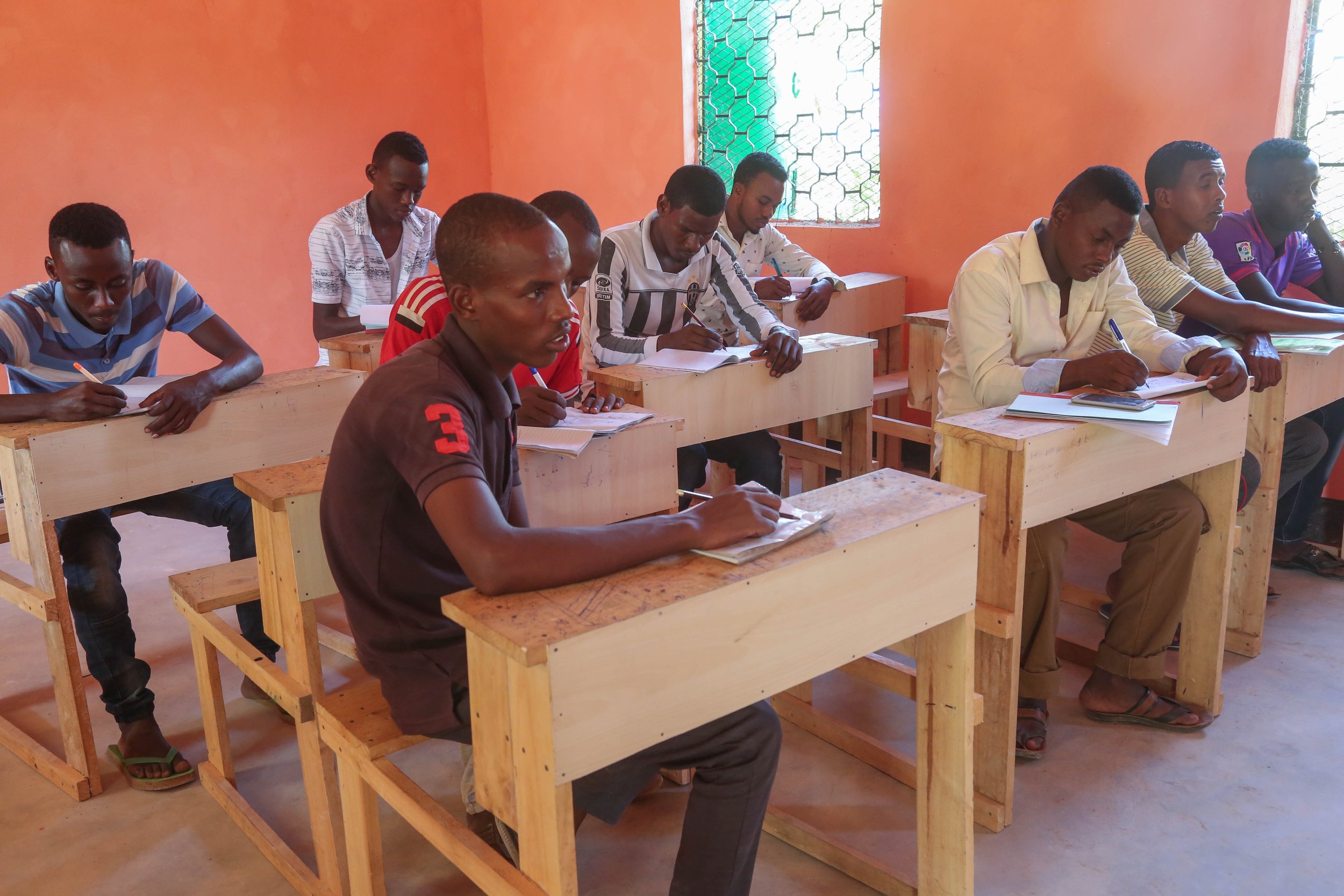






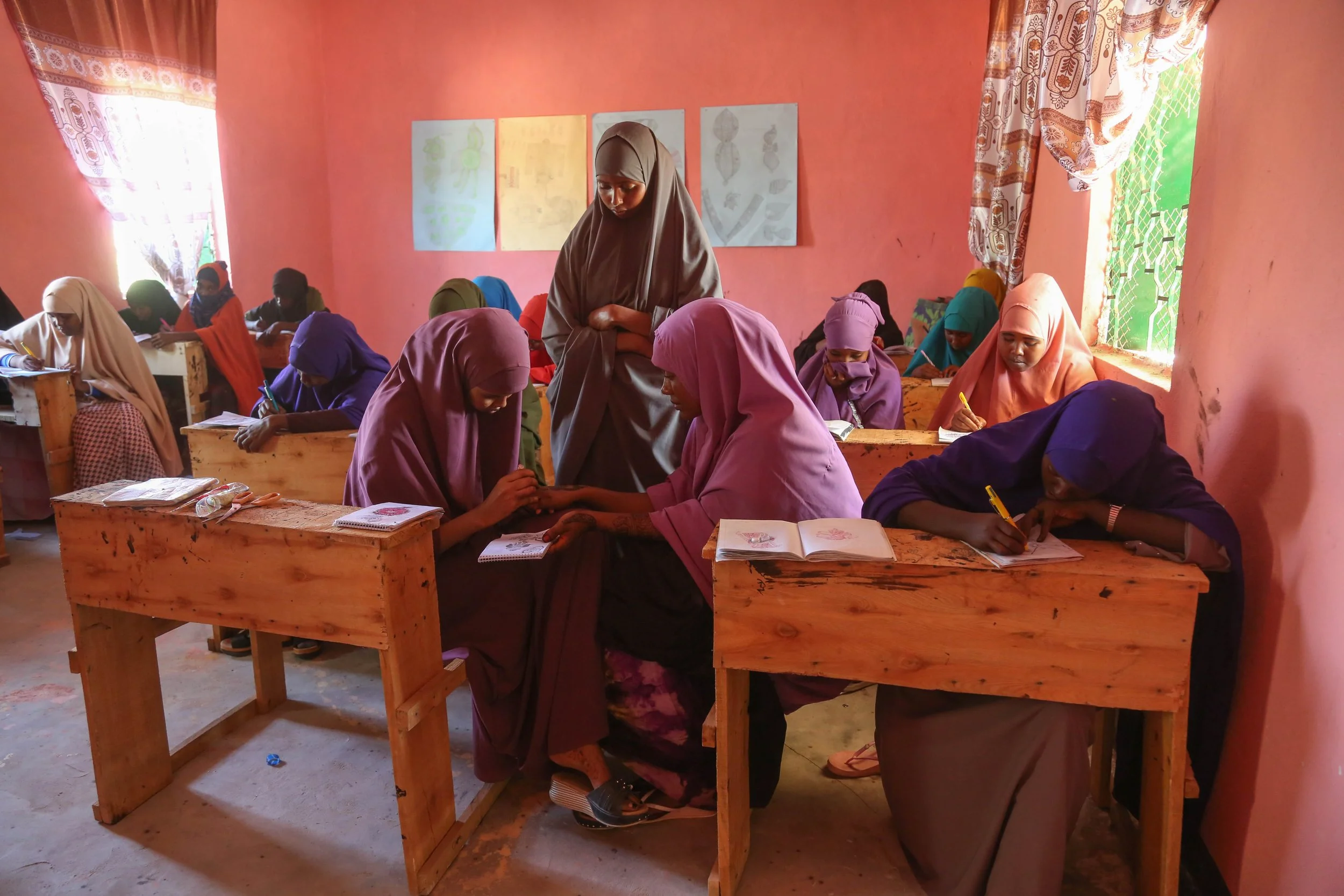


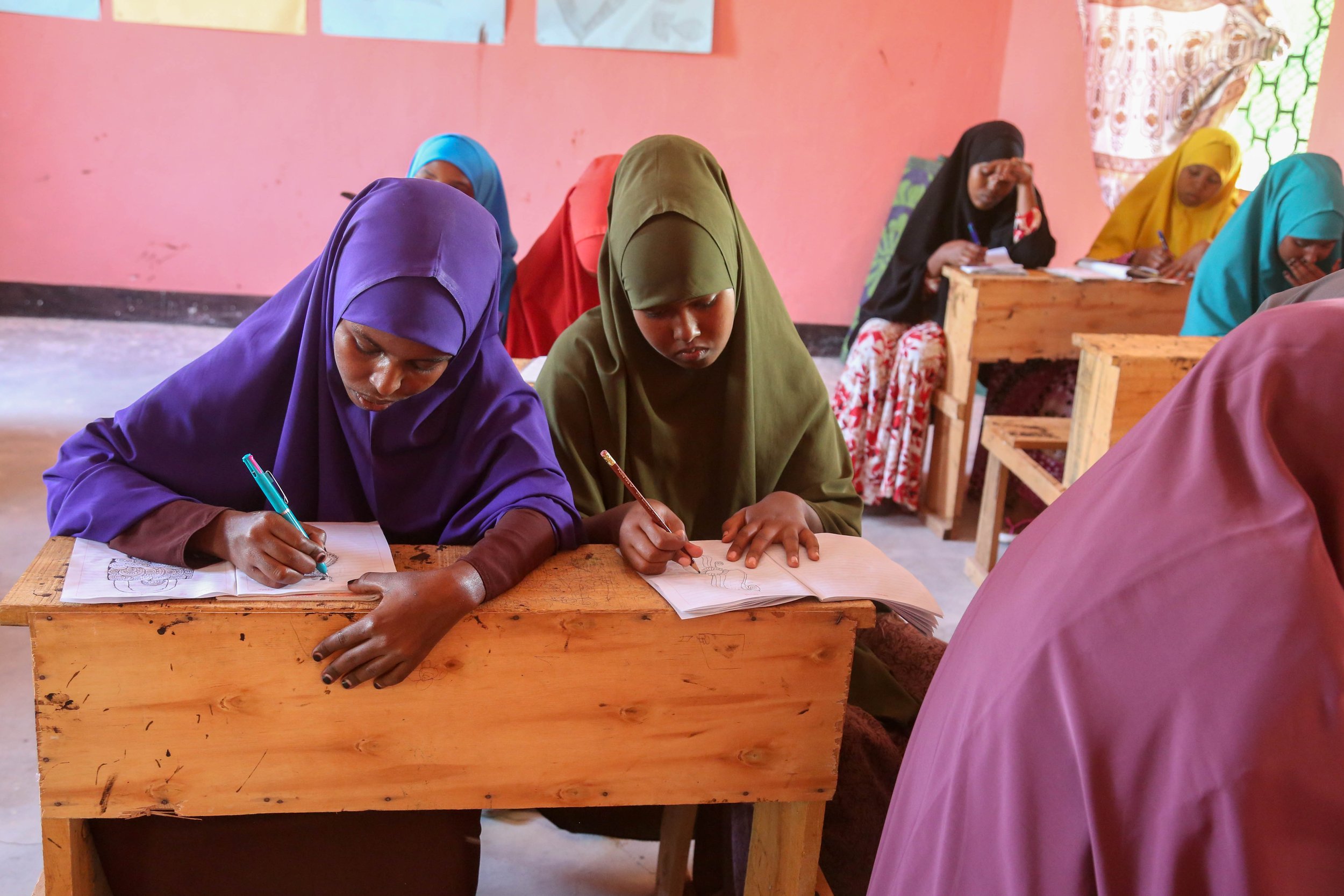




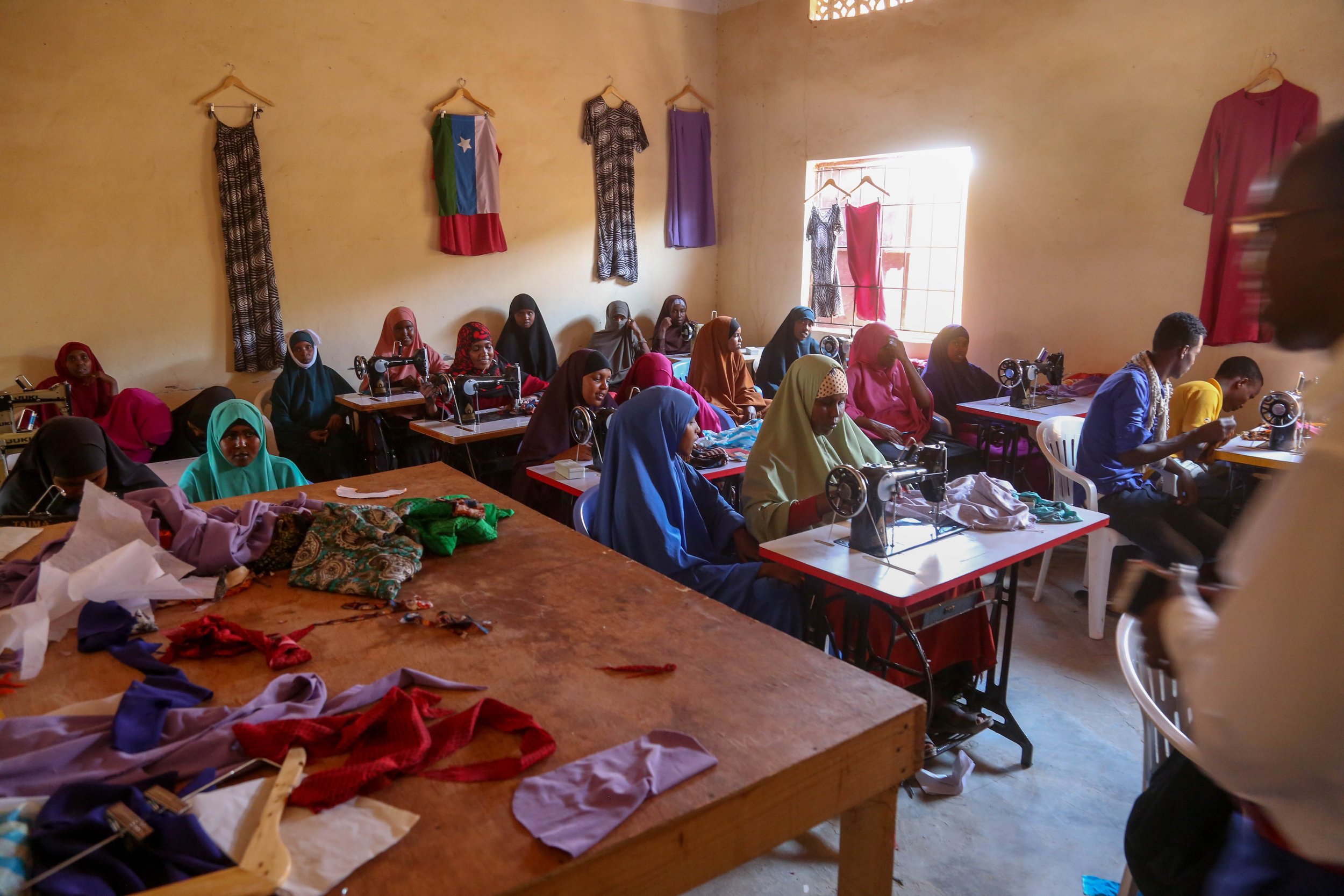

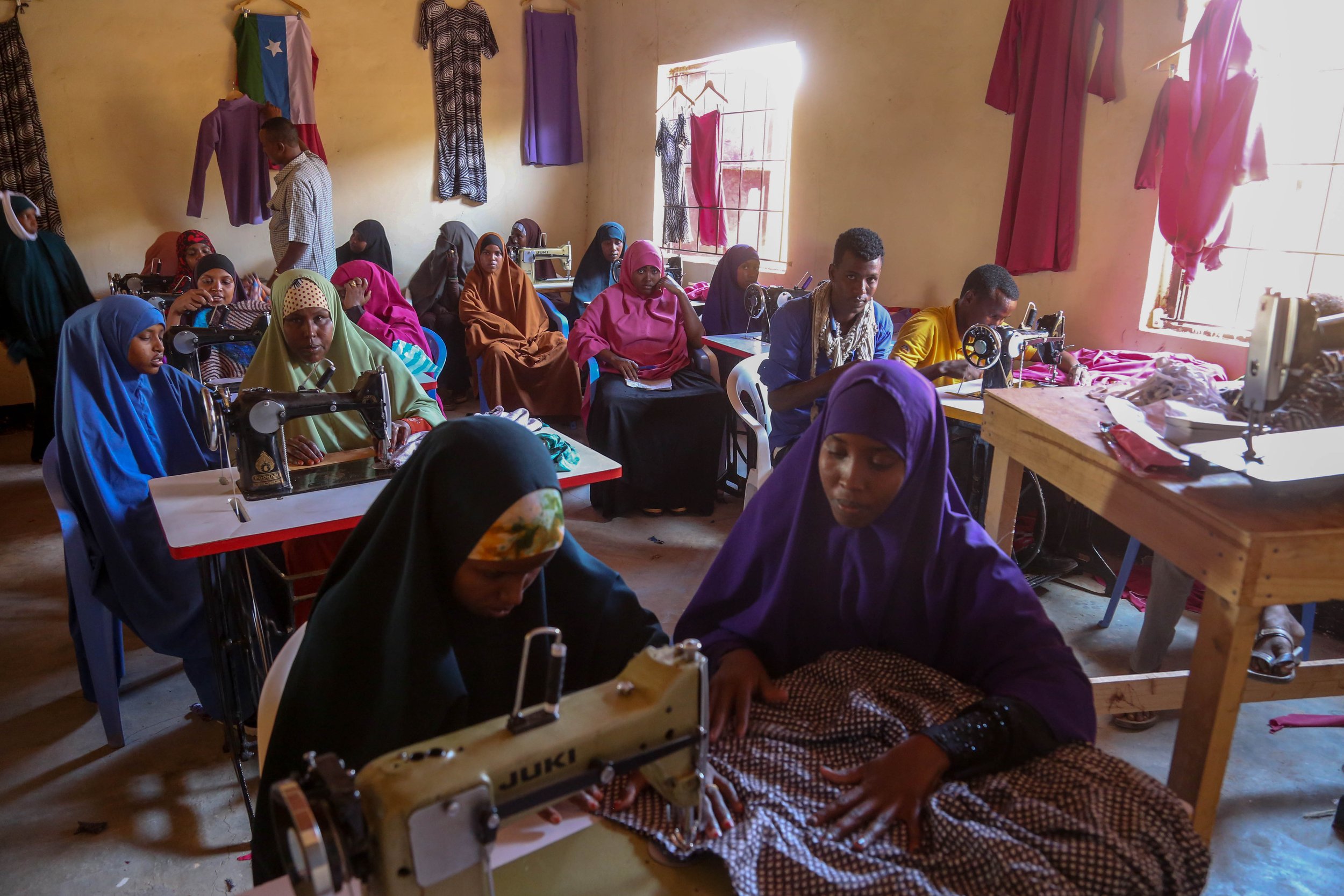

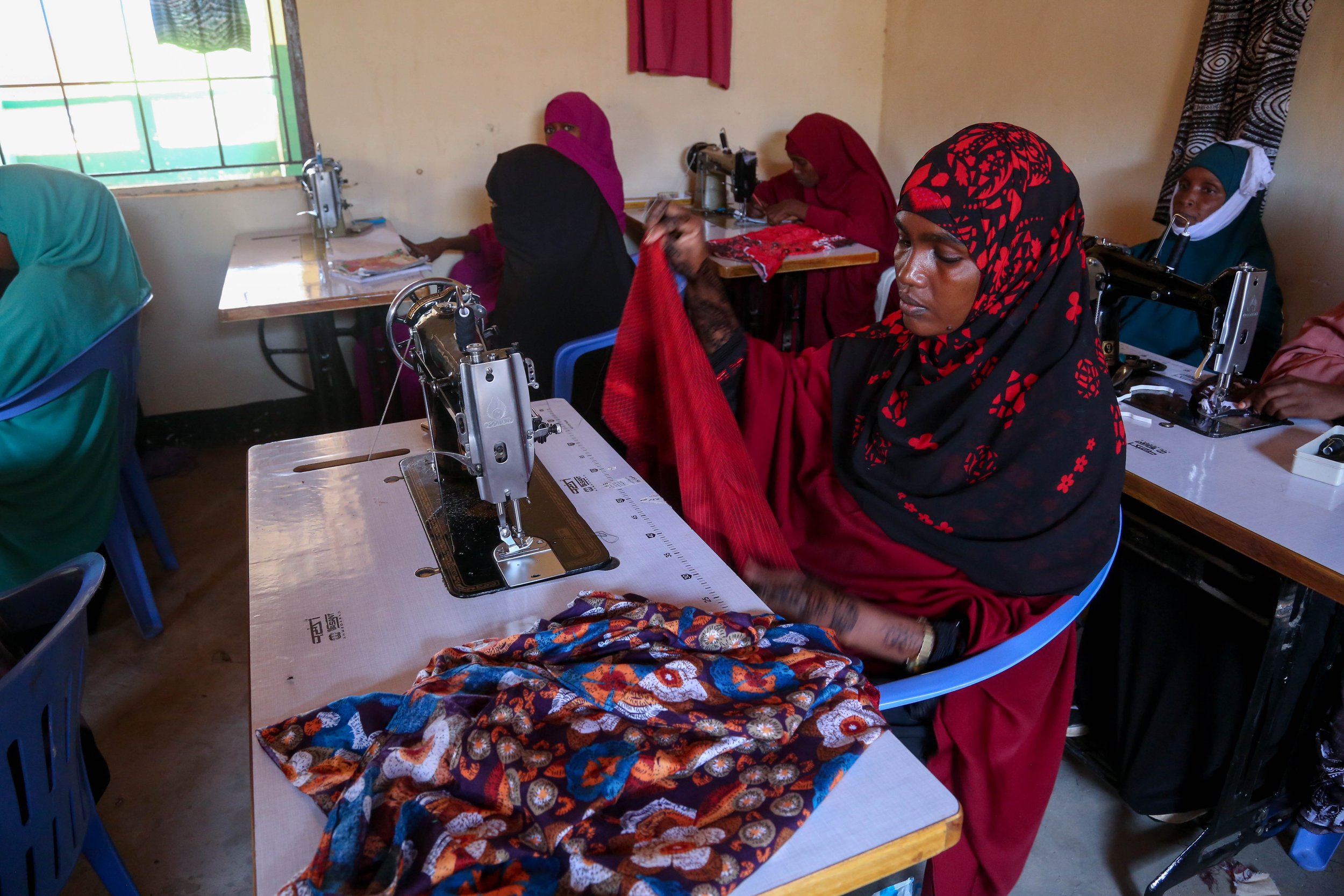
Video: Technical and Vocational Education and Training (TVET) - SomReP EU SIDA RESTORE Project
Video: Technical Vocational Education and Training (TVET)

